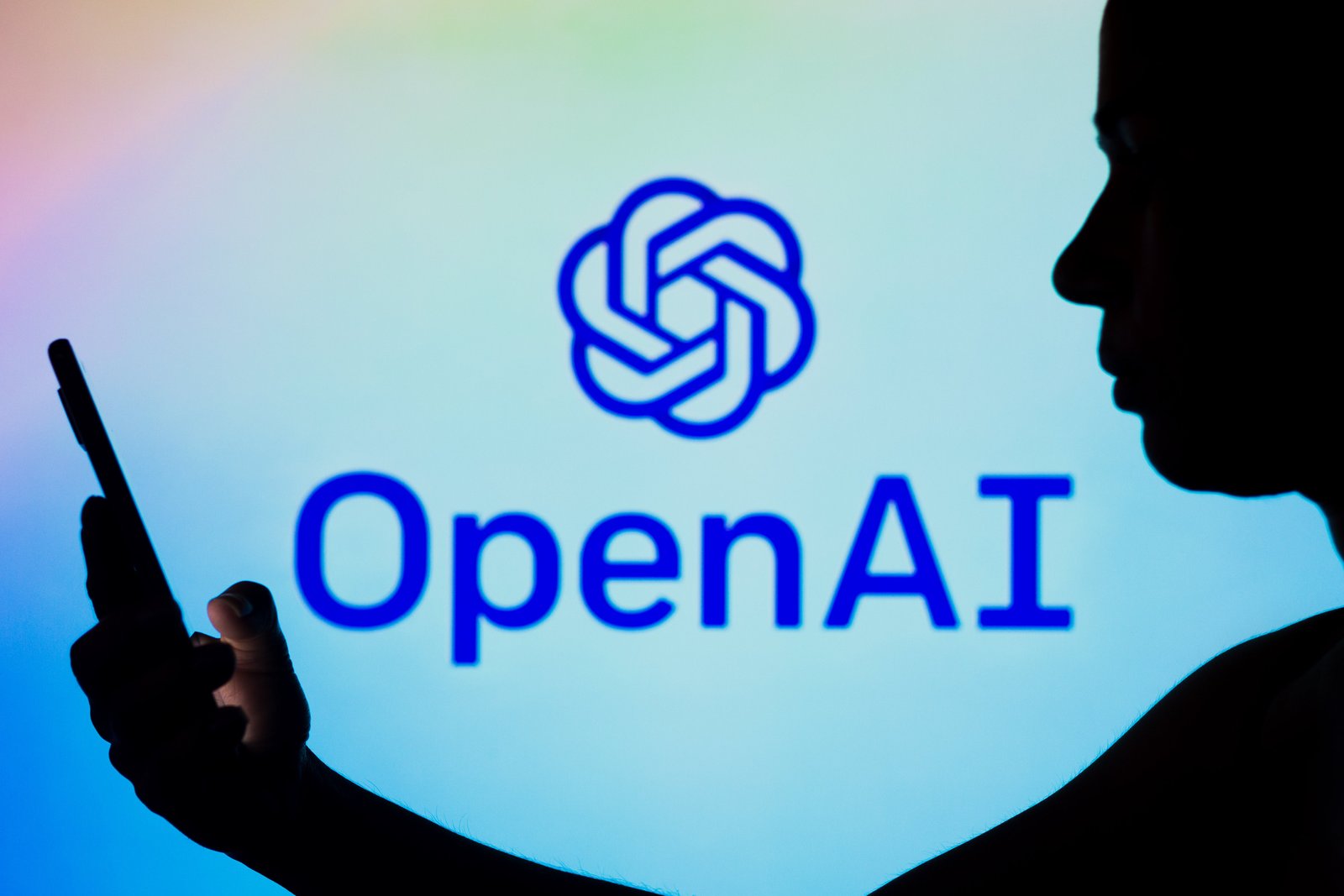contact info
- 3rd Floor, Gujranwala Business Center, Near KFC, G.T. Road, Gujranwala, Pakistan
- +92 303 0813333
- +92 303 0644484
- info@hashlearning.com
- info@hashlearning.com

Artificial intelligence is revolutionizing the way we work, communicate, and think. ChatGPT, one of the most powerful AI tools, has captivated millions with its ability to assist in writing, coding, and problem-solving. However, frequent users are experiencing unexpected changes—shifts in cognition, altered communication styles, and even a growing reliance on AI for decision-making. Is this just a temporary trend, or are we witnessing a profound transformation in human thought patterns? Let’s delve into this phenomenon.
One striking impact of excessive ChatGPT use is the shift in users’ thought processes. Many report that after prolonged interaction with AI, their thinking becomes more structured and analytical, as if an “AI voice” is guiding their cognitive flow. Some even describe a tendency to frame thoughts in a precise, well-organized manner, mirroring ChatGPT’s responses.
This adaptation is similar to how individuals unconsciously adopt accents or linguistic styles when immersed in a foreign culture. While this structured thinking can enhance clarity, some experts worry that it may reduce the spontaneity and fluidity that define human creativity.
A growing number of users find themselves unable to start writing or brainstorming without first consulting ChatGPT. This reliance on AI for structuring thoughts and generating ideas raises concerns about cognitive dependency. If AI consistently performs intellectual tasks, will our problem-solving and critical thinking skills deteriorate?
This trend echoes GPS dependency—research shows that frequent GPS users struggle with spatial memory and direction-finding. Could ChatGPT be leading us toward a future where human creativity and independent reasoning weaken over time?
Another noticeable effect is the transformation of communication styles. Many users report that their texts, emails, and even verbal conversations start resembling AI-generated responses—polished, structured, and neutral. While enhanced clarity is beneficial, there is a risk of losing the emotional depth and natural expressiveness that characterize human interaction.
For example, someone who frequently uses ChatGPT may unintentionally adopt an overly formal or robotic tone in casual conversations. While professionalism is valuable, it raises the question: Are we sacrificing emotional nuance for efficiency?
ChatGPT serves as a powerful brainstorming tool, but does it truly foster originality? Some users report that after extensive AI interaction, their ideas begin to follow predictable patterns—well-structured but lacking the unpredictability that fuels human innovation. Since ChatGPT generates responses based on pre-existing data, it may subtly push users toward conventional thinking rather than groundbreaking ideas.
Creativity thrives on randomness, intuition, and emotional depth—qualities AI currently lacks. If AI-generated ideas dominate creative fields, will we see a decline in truly novel concepts, or will AI-assisted creativity redefine artistic expression?

One of the most unexpected effects of excessive AI usage is the emotional connection some users develop with ChatGPT. Since the AI can simulate empathy, provide encouragement, and offer tailored advice, many turn to it for emotional support. While AI does not possess true emotions, it convincingly mimics them, creating an illusion of companionship.
This raises profound ethical and psychological questions: If people begin seeking AI interactions over human connections, what does that mean for society? Could AI become a substitute for human relationships, and if so, how will this affect our ability to empathize with real people?
ChatGPT is undeniably transforming the way we think, communicate, and create. However, its influence is complex. While it enhances efficiency and clarity, it may also foster cognitive dependence, alter natural communication styles, and influence creative expression in ways we don’t yet fully understand.
As AI continues to evolve, users must strike a balance—leveraging its strengths without losing essential human qualities like intuition, originality, and emotional depth. The future isn’t about rejecting AI but coexisting with it in a way that enhances, rather than diminishes, our intellectual and creative capacities.
So, next time you engage with ChatGPT, ask yourself: Are you using AI, or is AI shaping you?
You must be logged in to post a comment.